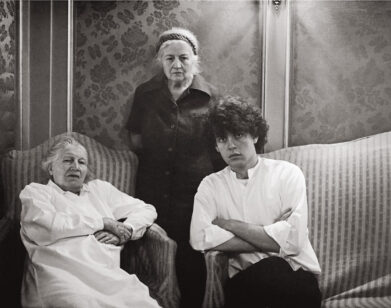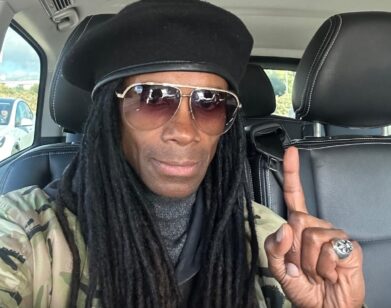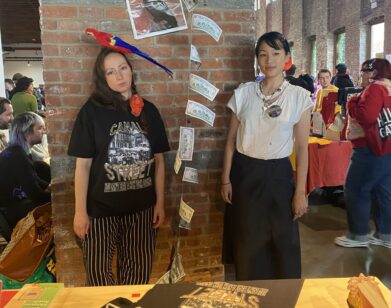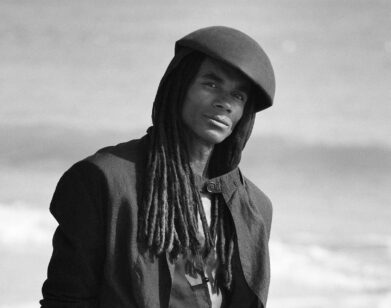It Takes a Village
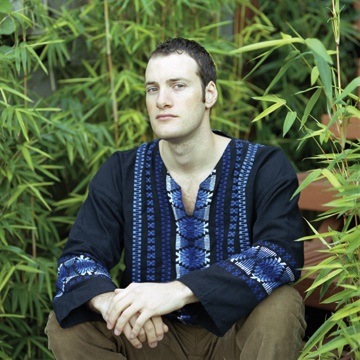
Chesa Boudin was raised by a village. Only fourteen months old in October, 1981, Boudin’s biological parents, members of the Weather Underground, were involved in a $1.6 million robbery of a Brinks truck. Three men were killed in the heist. Even though they were unarmed accomplices to a bloody crime, the judge threw the book at his father and mother and they received seventy-five-years-to-life and twenty-years-to-life sentences, respectively. In the aftermath of their arraignment, Boudin was raised by his parents’ friends, mostly in Chicago. He grew up, “With one hand cuffed to a barely visible abyss of poverty and incarceration, and the other grasped in the confident handshakes of those accustomed to privilege and comfort… Metal detectors, languages, planes, and buses have come to serve as portals between my different worlds,” he says.
So begins this memoir cum travelogue, Gringo: A coming-of-age in Latin America, an account of the author’s journey to adulthood, a decade spent crossing borders and borrowing beds. What unfolds is a complex, idiosyncratic story of a young man in search of the purpose of politics, the simple pleasures of a fried plantain, and the perpetual plagues of Latin America. Asked about the effect of his background on his writing, Boudin says, “People are shaped in myriad ways by their upbringing and family. We also have agency in our lives, the people we become, and the lives we lead.” Whether this is the definitive effect on his writing career is still unknown: “I don’t expect to ever put my family background to rest but I do expect to be taken seriously as a scholar, a writer and a Latin Americanist on my own terms, not defined through my parents and their history or politics,” he says.
Boudin has the distinction of being the first Rhodes Scholar in the scholarship’s century-long history to be the child of incarcerated parents. But Boudin’s upbringing also allowed him the freedom to fall in love with Latin America, initially in a touristic way, through food and smells. That interest grew, says Boudin, “As I sat there crammed in the dirty seat of a bus, drenched in sweat, I found myself seriously contemplating throwing my plane ticket away and continuing south. I knew then that I was hooked.”
Between his years in graduate school, he worked as a translator inside the Presidential Palace in Caracas, seat of Hugo Chávez, well known as one of the Bush administration’s least favored neighbors. Only after these experiences did Boudin decide to commit them to a book project, an inherently tricky task: “Unlike many travel books I didn’t set out to travel with the idea of writing a book in mind. Being a foreigner—especially a white and relatively wealthy one—in poor, underdeveloped countries is inherently fraught. Those are some of the issues I grapple with openly and self-consciously—though not always conclusively—on each page in my book.”

